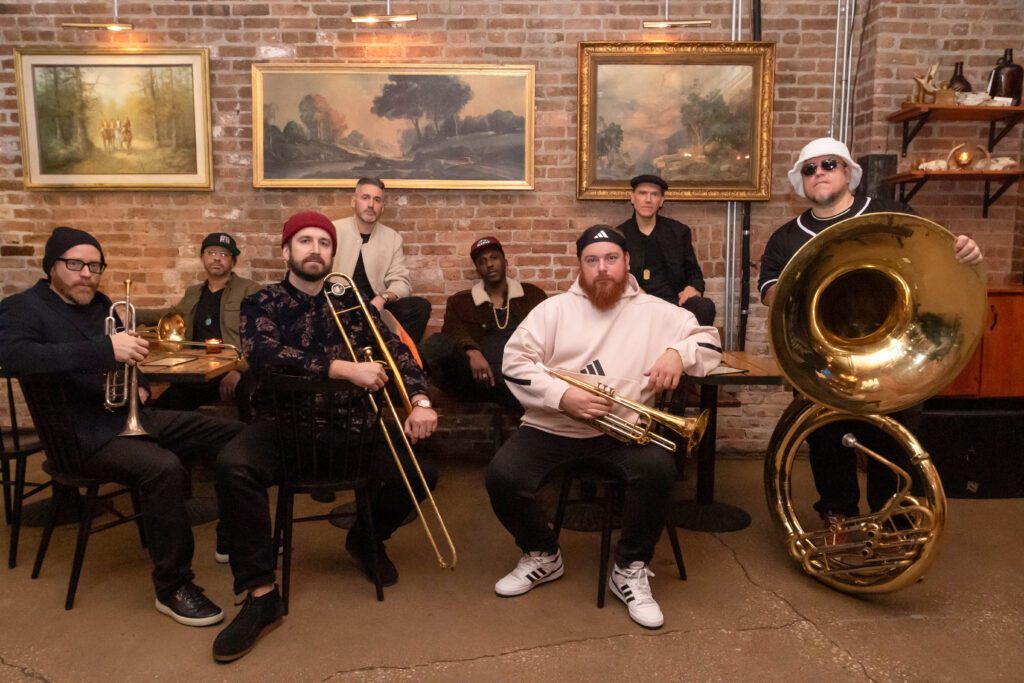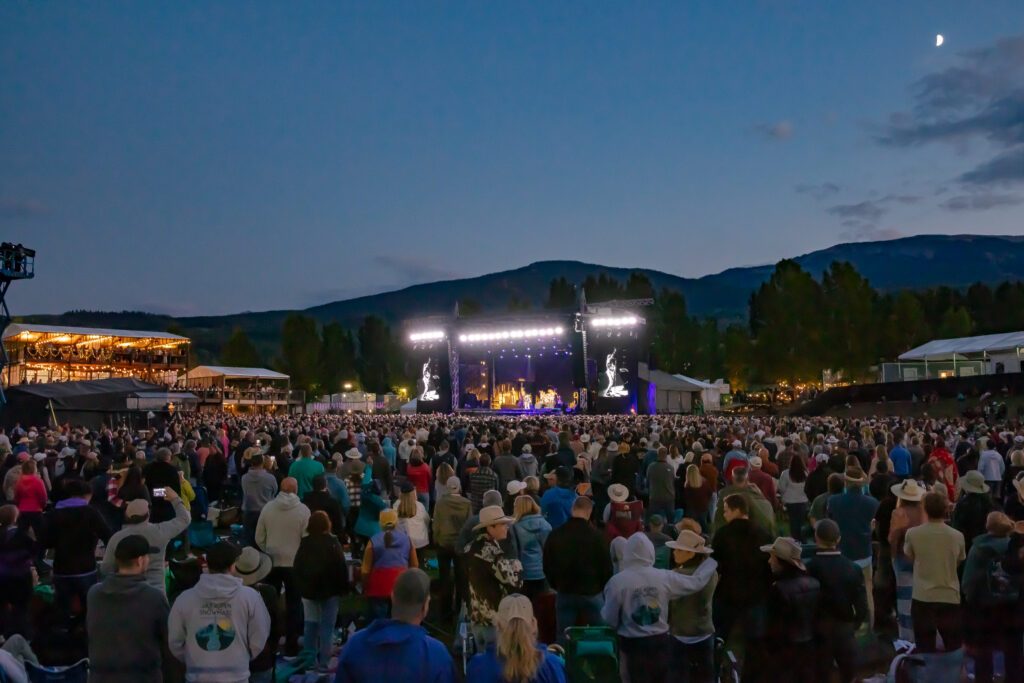
In anticipation of the Jose Luis De La Paz Trio performance at the JAS Cafe on July 9th, we take a look at the history of flamenco guitar. Learn more at Jose’s performance, tickets available here.
While flamenco dancing may be the most visually stunning aspect of a flamenco performance, the artform revolves completely around the song. As many of the songs emerged centuries ago during epochs of ethnic persecution, you’ll find that the powerful voice of the singer laments hardships and desperation and yet hope for a better future.
Although it’s difficult to imagine a contemporary flamenco show without the hauntingly percussive accompaniment of the flamenco guitar, the origins of this instrument actually date back no more than 170 years, to the middle of the 19th century: for hundreds of years before that, flamenco was primarily a vocal music, with the voice resembling a primitive cry, or chant.
Flamenco music itself has existed on the Iberian Peninsula for some six centuries, originating in the hot and dry southernmost region of Spain that is the gateway to Africa: Andalusia. Here four distinct cultural groups lived alongside one another for hundreds of years; these were the Moors, the Christians, the Gitanos (descendants of a diaspora of Roma people from northern India between the 9th and 14th centuries) and Sephardic Jews. The intermingling of these groups and centuries of socio-cultural evolution produced a musical fusion that was unique to the region. They called the fruit of this coexistence flamenco.
For most of the history of flamenco, it existed as a separate subculture among the underprivileged in society and was an outlet of the poor and oppressed. It is possible that this was one of the reasons why the guitar was not present until much later: the instrument was beyond the means of the impoverished musicians of the time.
The guitar originally came into play with the purpose of accompanying the singer. Nowadays, however, mastery of the flamenco guitar has proven to be an incredible artform of its own.
References from Enforex and Guitars from Spain





